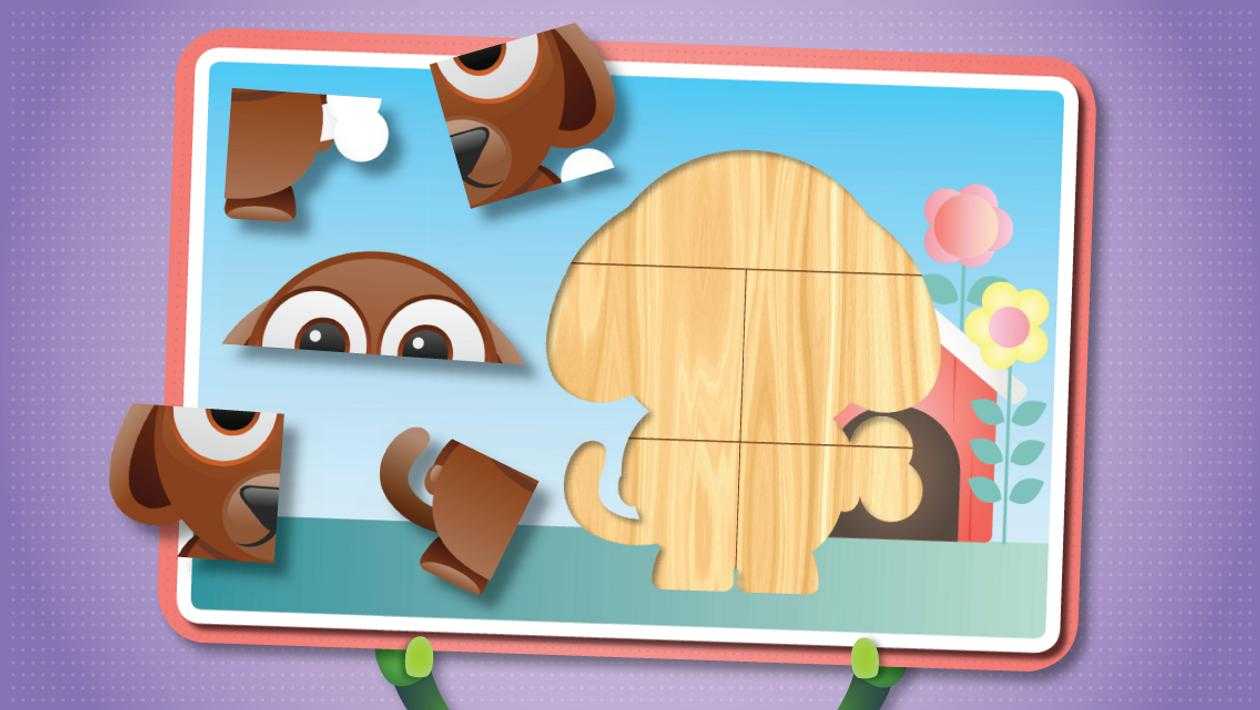
Logic games: develop cognitive skills and problem-solving ability
Logic games have long been recognized as valuable tools for developing cognitive skills and problem-solving abilities in children. In Israel, as in many parts of the world, logic games are not just a form of entertainment, but also serve as educational tools that stimulate the mind, promote critical thinking and promote intellectual development. Israeli children have access to a wide variety of logic games, from traditional to modern digital puzzles, each offering unique challenges and opportunities for learning and growth. Here's how logic games develop cognitive skills and problem-solving ability in Israeli children:
-
Spatial Reasoning: Logic games, especially puzzles and spatial puzzles, require children to manipulate and organize objects in space. By putting puzzle pieces together and arranging them into a coherent whole, Israeli children develop the spatial thinking skills needed to understand shapes, sizes and spatial relationships. Spatial thinking skills lay the foundation for mathematical concepts such as geometry and measurement.
{eleven}
-
Critical Thinking: Logic games encourage Israeli children to approach problems systematically and analytically, using logic and reasoning to find solutions. Whether it's figuring out the correct sequence of moves in a logic puzzle or identifying the missing piece in a visual puzzle, critical thinking skills are essential to solving complex problems and making informed decisions. Logic games promote thinking skills by encouraging children to persevere and overcome challenges through trial and error.
-
Memory Skills: Many logic games require Israeli children to memorize information, such as the location of certain puzzle pieces or the sequence of steps required to solve a puzzle. By practicing their memory skills, children improve their ability to remember and retrieve information, which is beneficial for learning and academic success. Memory skills also play a critical role in everyday life, from remembering directions to remembering important information.
-
Fine Motor Skills: Manipulating puzzle pieces and moving them into place helps Israeli children develop fine motor skills and hand-eye coordination. Whether it's grasping small puzzle pieces and spinning them to fit into place, or using a touch device to solve digital puzzles, fine motor skills are essential to completing tasks that require precision and dexterity. Fine motor skills are also important for writing, drawing, and other activities that require controlled movements.
-
Creativity and Imagination: Logic games encourage Israeli children to think creatively and use their imagination to solve problems in unconventional ways. Whether it's combining puzzle pieces in unexpected ways or developing new strategies to overcome obstacles, logic games promote creativity and innovation. By engaging in open play and exploring different possibilities, children develop the flexible thinking skills needed to adapt to new situations and find creative solutions.
-
Collaboration and Communication: Some logic games are designed for cooperative play, encouraging Israeli children to work together to solve complex problems and achieve common goals. Collaborative logic games develop teamwork, communication and social skills as children learn to listen to others, share ideas and make compromises to achieve consensus. Collaboration promotes camaraderie and mutual support, strengthens bonds among colleagues, and builds a sense of community.
Pattern recognition: Many logic games involve recognizing and matching patterns, be it the arrangement of colors, shapes, or symbols in a certain sequence. By identifying patterns and predicting the next logical step, Israeli children develop pattern recognition skills that are critical for problem solving and decision making in a variety of contexts. Pattern recognition skills also support literacy development by helping children recognize patterns in letters, words, and sentences.
By incorporating logic games into their play and learning activities, Israeli parents and educators can provide children with valuable opportunities to improve their cognitive skills, problem-solving abilities, and overall cognitive development. Whether it's doing puzzles with family members, solving logic puzzles with friends, or exploring digital puzzles on a tablet device, logic games offer endless opportunities for learning, growth, and fun in Israel and beyond.






